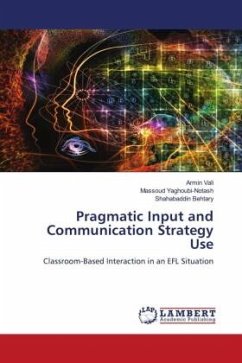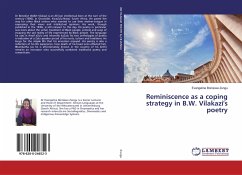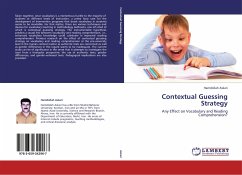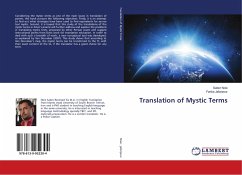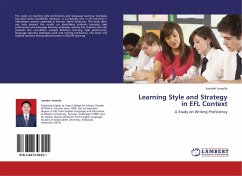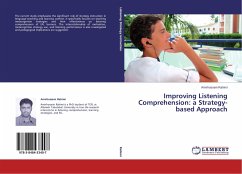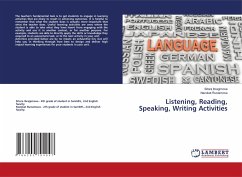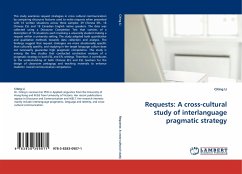
Requests: A cross-cultural study of interlanguage pragmatic strategy
Versandkostenfrei!
Versandfertig in 6-10 Tagen
39,99 €
inkl. MwSt.

PAYBACK Punkte
20 °P sammeln!
This study examines request strategies in cross cultural communication by comparing discourse features used to make requests when presented with 10 written situations across three samples: 39 Chinese EFL, 18 Chinese ESL and 18 Canadian English native speakers. The data was collected using a Discourse Completion Test that consists of a description of 10 situations each involving a university student making a request within a university setting. The study adopted both quantitative and qualitative methods towards data collection and analysis. The findings suggest that request strategies are more ...
This study examines request strategies in cross cultural communication by comparing discourse features used to make requests when presented with 10 written situations across three samples: 39 Chinese EFL, 18 Chinese ESL and 18 Canadian English native speakers. The data was collected using a Discourse Completion Test that consists of a description of 10 situations each involving a university student making a request within a university setting. The study adopted both quantitative and qualitative methods towards data collection and analysis. The findings suggest that request strategies are more situationally specific than culturally specific, and studying in the target language culture does not necessarily guarantee high pragmatic competence. This study is among the few studies that conducted contrastive analysis of a pragmatic strategy in both ESL and EFL settings. Therefore, it contributes to the understanding of both Chinese EFL and ESL teachers for the design of classroom pedagogy and teaching materials to enhance students overall communicative competence.



